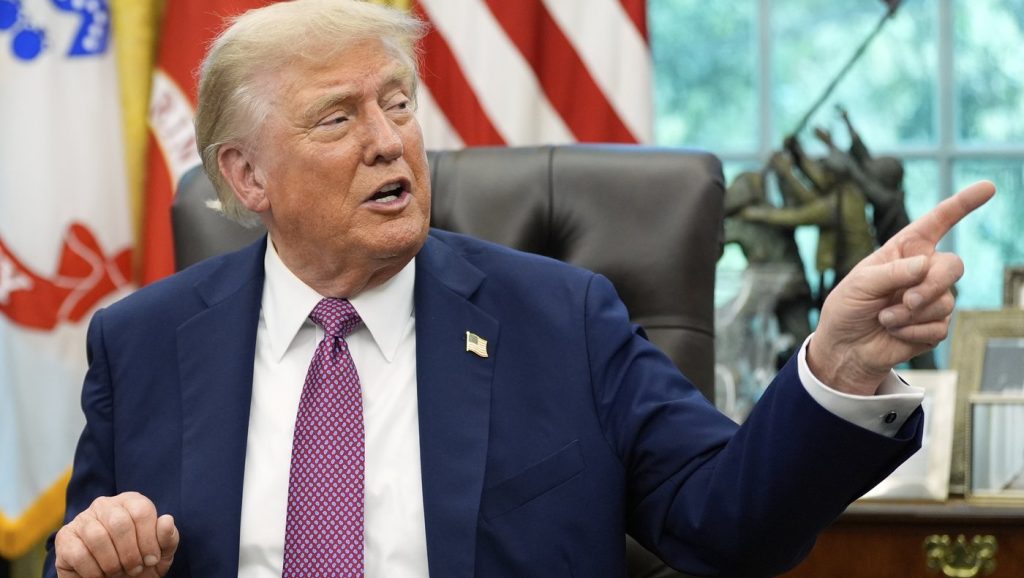The history of American presidencies is often marked by a pattern of concealing health issues from the public. Figures such as Woodrow Wilson, who suffered a hidden stroke, Franklin D. Roosevelt's use of a wheelchair, and John F. Kennedy's chronic back pain all exemplify this tendency to obscure the health challenges faced by the nation’s leaders.
In recent times, the discussions surrounding the health of American presidents have taken on renewed urgency, particularly in light of former President Joe Biden's medical decline. Questions about the extent to which aides and the White House might go to shield the public from the realities of a president's health have resurfaced, prompting an examination of the media's responsibility to uncover the truth.
Compounding these concerns is the fallout from unfounded speculation regarding President Donald Trump's health, which recently circulated on social media, raising alarms about the impact of misinformation in today's volatile information landscape.
To further explore these complexities, host Caryn Ceolin engages in a conversation with Garrett Graff, an American author, presidential historian, and journalist. Together, they delve into the critical yet sensitive topic of how a president's health should be reported in contemporary times, where the rapid dissemination of information can lead to both misinformation and essential revelations.
The dynamic between presidential health and media coverage is particularly nuanced. In previous administrations, the health status of presidents was often shrouded in secrecy, leading to public distrust when the truth eventually emerged. This historical context underscores the importance of transparency, especially as it relates to the capability of a president to fulfill their duties effectively.
Amid rising tensions and public scrutiny, the legacy of concealed health issues poses ethical questions for journalists tasked with covering the well-being of sitting presidents. As society becomes more aware of the complications tied to leadership constraints imposed by health issues, the need for responsible reporting becomes all the more essential.
For modern audiences consuming political news, the discussion surrounding a president’s health transcends mere curiosity. It encompasses the broader implications of leadership, governance, and the electorate's right to know about the physical and mental fitness of their leaders. Balancing this information with respect for privacy presents a significant challenge for journalists today.
Listeners can access the conversation surrounding these critical themes through The Big Story podcast, available on various platforms including Apple Podcasts, Google Podcasts, and Spotify. Through this dialogue, the complexities involved in covering a president's health in the current media landscape can be better understood, offering insights into the delicate interplay between public interest and individual privacy.












